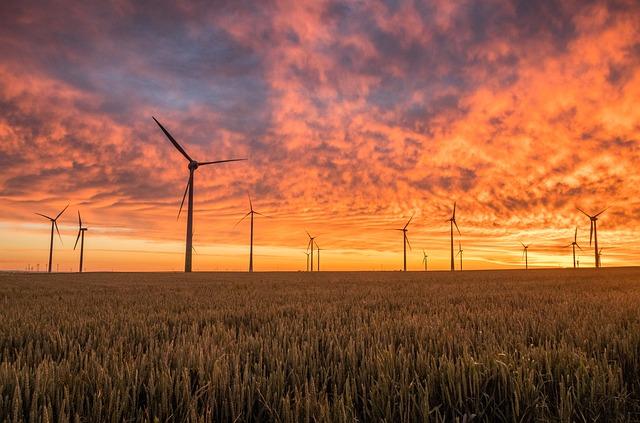- Introduction
- Renewable Energy Sources
- Solar Power Innovations
- Wind Energy Advances
- Biomass Technologies
- Hydroelectric Breakthroughs
- Conclusion
- FAQs
Introduction
Renewable energy breakthroughs have been shaping the future of sustainable energy solutions worldwide. Advancements in various sources of renewable energy are not only contributing to reducing carbon emissions but also providing cost-effective and efficient alternatives to conventional energy sources.
Renewable Energy Sources
The shift towards renewable energy sources such as solar, wind, biomass, and hydroelectric power is gaining momentum globally. These sources tap into natural energies that are abundant and environmentally friendly, making them attractive for a cleaner energy future.
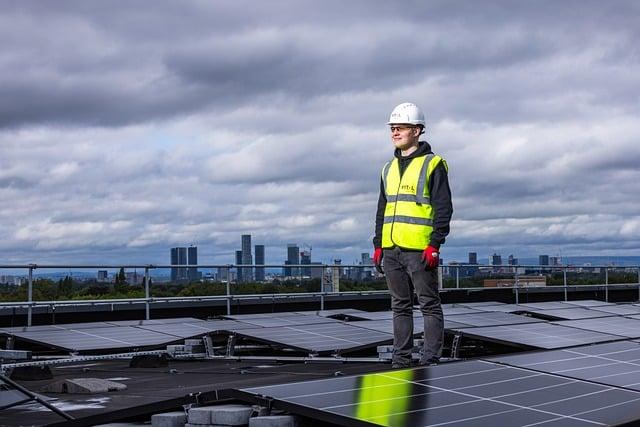
(Image: Pixabay/@This_is_Engineering)
Solar power, for example, harnesses the sun's energy through photovoltaic cells to generate electricity. This technology has seen significant advancements in efficiency and affordability, leading to widespread adoption in both residential and commercial settings.
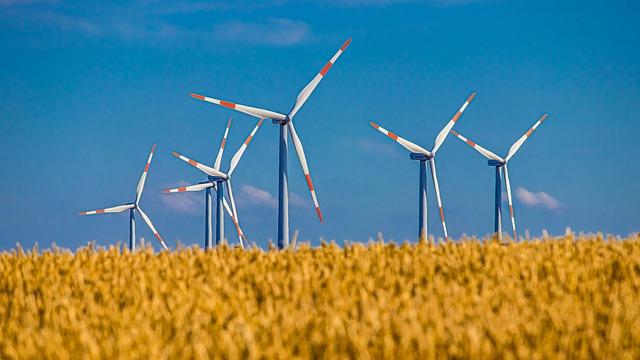
(Image: Pixabay/@Al3xanderD)
Wind energy is another crucial player in the renewable energy sector, utilizing the kinetic energy of the wind to produce electricity. Innovations in wind turbine design and placement have made wind power a competitive and reliable source of clean energy in many regions.
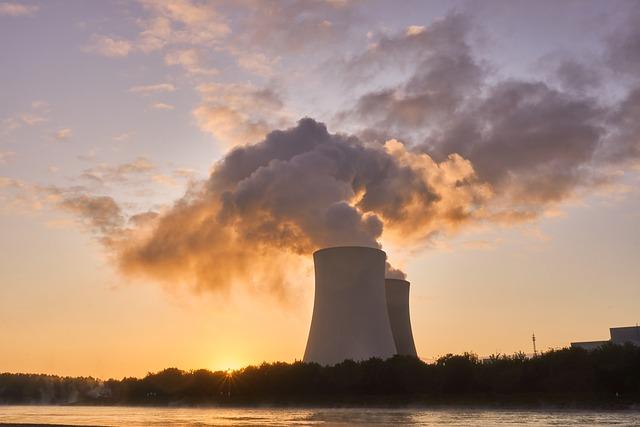
(Image: Pixabay/@distelAPPArath)
Solar Power Innovations
Recent breakthroughs in solar power technologies have revolutionized the way we harness sunlight. From more efficient solar panels to advanced storage solutions, these innovations have enhanced the reliability and scalability of solar energy systems.
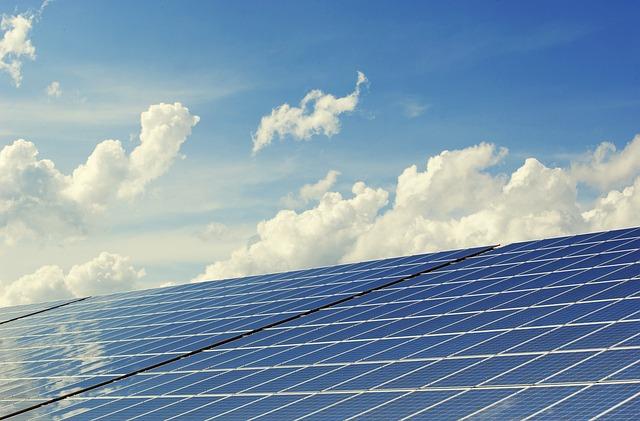
(Image: Pixabay/@andreas160578)
Smart solar grids and integrated systems are paving the way for decentralized energy production, empowering communities to generate their own clean electricity and reduce dependency on centralized power grids.
Wind Energy Advances
The wind energy sector has witnessed significant advances in turbine designs, materials, and maintenance practices, leading to higher energy outputs and lower operational costs. Offshore wind farms, in particular, are becoming key contributors to renewable energy generation in many coastal areas.
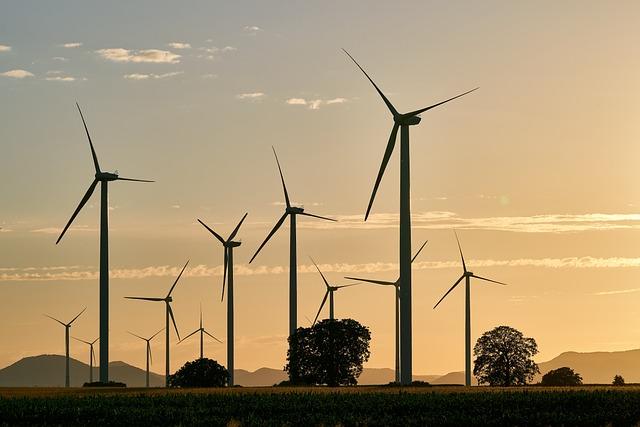
(Image: Pixabay/@distelAPPArath)
Predictive analytics and AI applications are being integrated into wind power systems to optimize performance and increase overall efficiency. These digital solutions help in better predicting wind patterns and adjusting turbine operations accordingly.
Biomass Technologies
Biomass technologies are evolving to convert organic materials like crop residues, wood waste, and agricultural byproducts into biofuels and heat energy. These bioenergy solutions offer a renewable alternative to fossil fuels and contribute to waste reduction and sustainability.
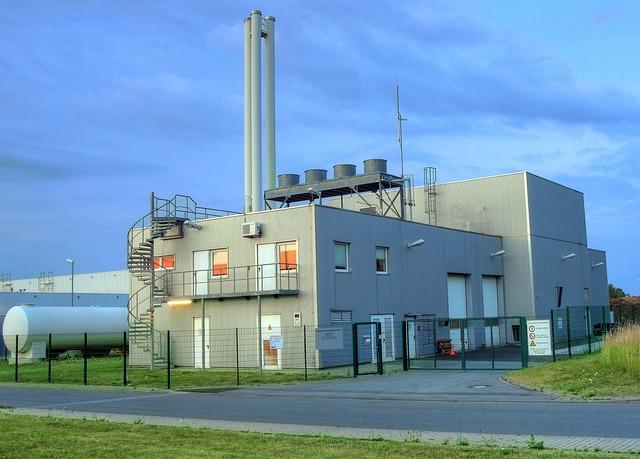
(Image: Pixabay/@WikimediaImages)
Advanced bioenergy conversion processes, such as gasification and pyrolysis, are improving the efficiency and environmental performance of biomass plants. Combined heat and power (CHP) systems are also gaining traction for their dual energy output capabilities.
Hydroelectric Breakthroughs
Hydroelectric power remains one of the most established forms of renewable energy, with constant improvements in dam design, turbine technology, and environmental impact mitigation strategies. Small-scale hydro projects are emerging as viable options for decentralized energy production in remote areas.

(Image: Pixabay/@ScatteredBitsOfLights)
Pumped storage hydro plants are enhancing grid stability by storing excess energy during off-peak hours and releasing it during peak demand periods. These innovative storage solutions play a crucial role in balancing intermittent renewable energy sources.
Conclusion
The ongoing advancements in renewable energy technologies are instrumental in transitioning towards a more sustainable and greener energy mix. With continuous innovations and investments in research and development, renewable energy is poised to play a key role in combating climate change and securing a cleaner future for generations to come.
FAQs
What are the main benefits of renewable energy sources?
Renewable energy sources offer environmental advantages by reducing greenhouse gas emissions, promoting energy independence, creating jobs in the clean energy sector, and diversifying energy supplies.
How reliable are renewable energy technologies?
Modern renewable energy technologies have significantly improved in terms of reliability and efficiency, with many systems incorporating smart grid solutions, energy storage options, and predictive maintenance strategies to ensure consistent performance.
Are there any challenges associated with integrating renewable energy into existing power grids?
While integration challenges exist, such as grid compatibility, intermittency issues, and storage limitations, ongoing research and development efforts are focused on addressing these obstacles to facilitate the seamless integration of renewable energy sources into the grid.

